Radovan Fusek
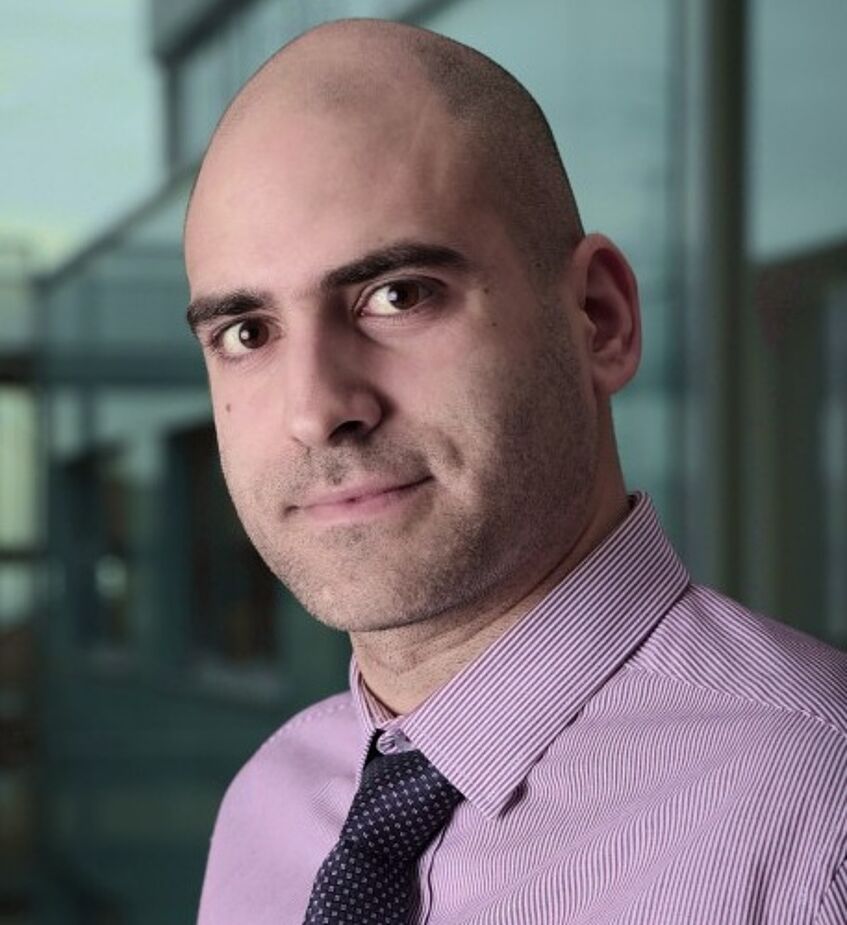
Radovan Fusek received his master's degree in computer science from VSB - Technical University of Ostrava in 2010. He obtained his Ph.D. degree from the same university in 2016. Since then, he is an assistant professor at the Department of Computer Science.
He works in the area of digital image processing and analysis. In this area, he obtained the practical skills during the works on various industrial projects (e.g. detecting the people (animals and other obstacles) in infrared spectra; detecting free/occupied places in parking lots; recognizing of fatigue and gaze direction of driver in images; 3D object detection and pose estimation).
Philipp Grohs
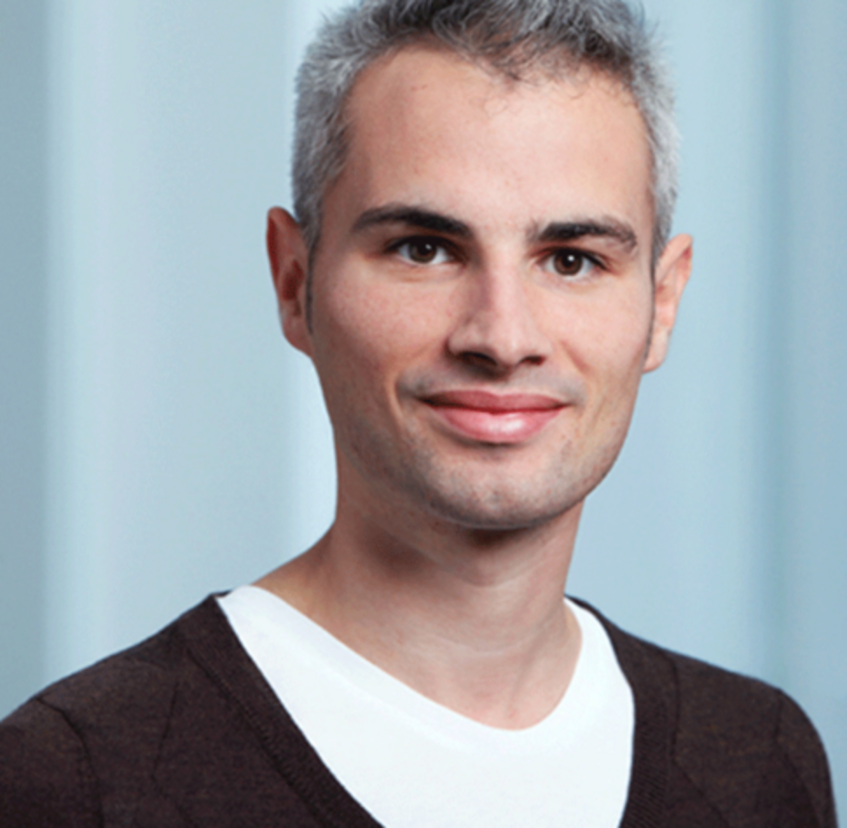
Philipp Grohs received a Master's degree in Mathematics from the Technical University of Vienna in 2006 and a doctoral degree in Applied Mathematics from the Technical University of Vienna in 2007. From 2011 to 2016 he was an Assistant Professor at ETH Zurich and since 2016 he is an Associate Professor of Mathematics at the University of Vienna.
His research interests are in Signal Processing, Numerical Analysis, Computational Harmonic Analysis, Machine Learning and Computational Geometry. Recently he has made important contributions towards an understanding of deep learning algorithms, in particular in connection to the numerical approximation of high-dimensional partial differential equations. In 2014 he received the interdisciplinary ETH Latsis Prize.
Since 2017 he serves on the editorial board of the IEEE Transactions on Information Theory. Since 2017 he is a member of the Information Theory Society and since 2018 he is in the board of directors of the Austrian Mathematical Society.
Johannes Hofmanninger
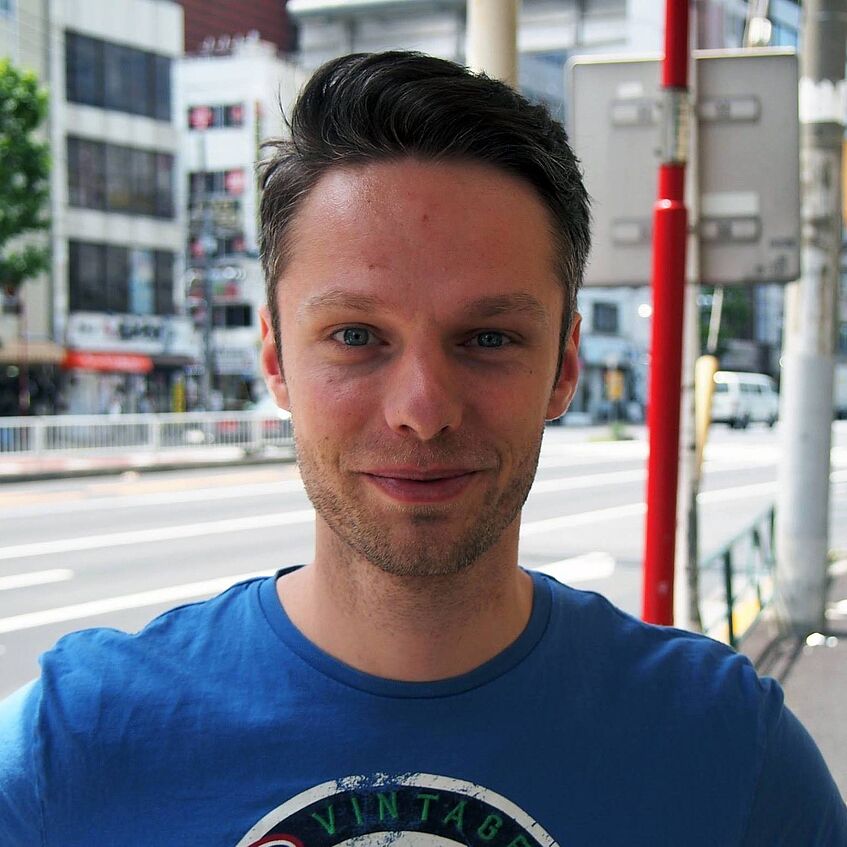
Johannes Hofmanninger is a researcher and PhD candidate at the Computational Imaging Research Lab (CIR) led by Georg Langs at the Department of Biomedical Imaging and Image-guided Therapy, Medical University of Vienna. He received his master's degree in medical computer science from the TU Wien in 2014.
Since he joined the CIR group in 2013 he has been working on machine learning and data-mining projects focusing on large scale routine imaging data. Johannes is especially excited about the multidisciplinary nature of his projects and as a data scientist being at the interface between medicine, computer science, mathematics and statistics.
Christoph Kralj
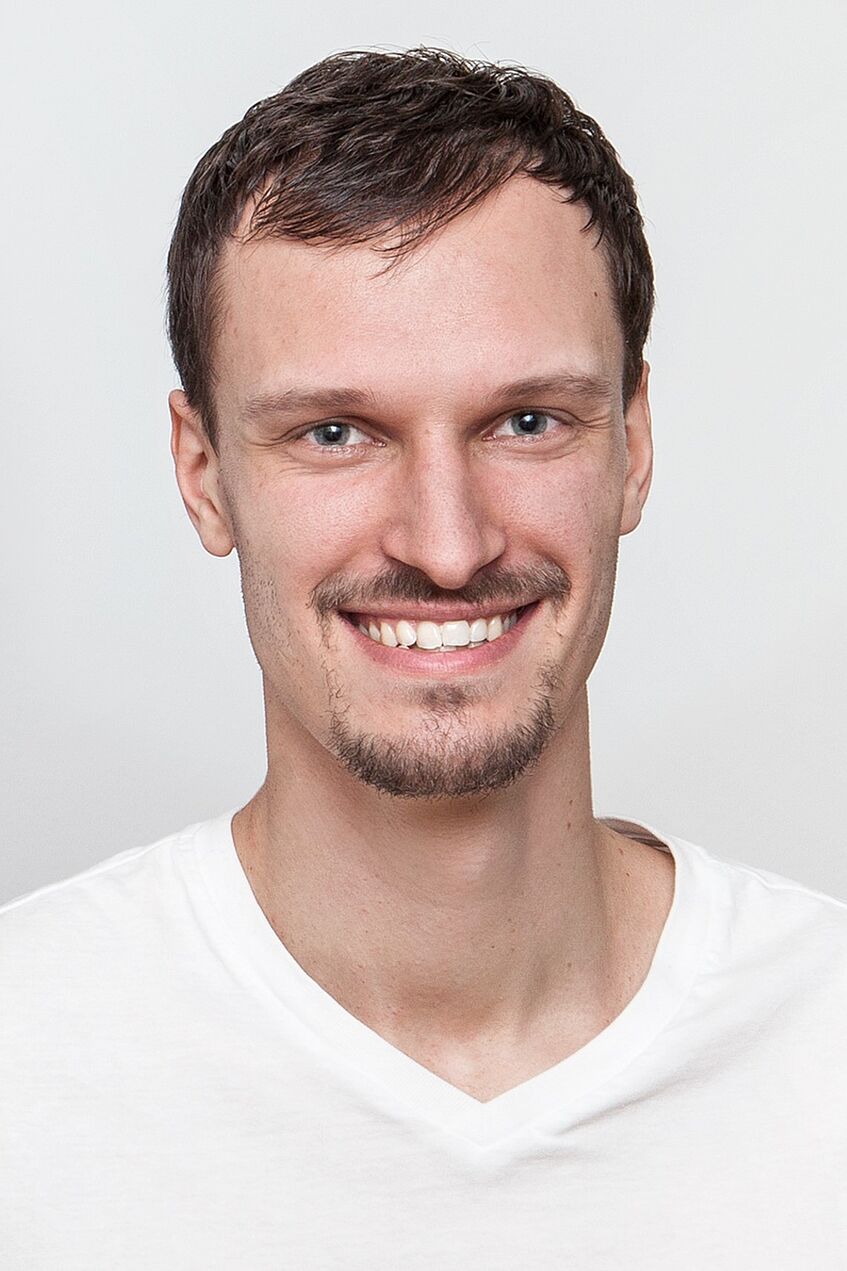
Christoph Kralj is a researcher and PhD candidate in the Visualization and Data Analysis research group at the University of Vienna. He received his Masters degree in Computational Science in 2016 from the University of Vienna.
His research interests are centered around methods to bridge the gap between humans and machines through the use of visualization. He specifically focuses on text data and the challenges of natural language processing.
Pavel Krömer
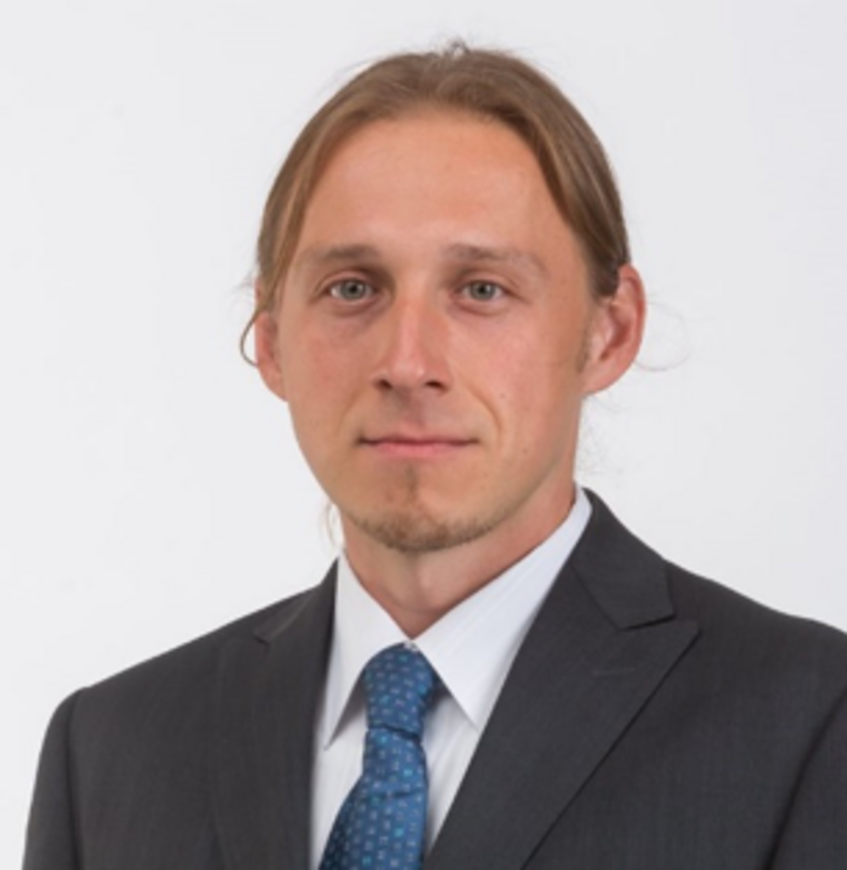
Assoc. Prof. Pavel Krömer, Ph.D. graduated in Computer Science at the Faculty of Electrical Engineering and Computer Science (FEECS) of VŠB-Technical University of Ostrava. He worked as an analyst, developer, and trainer in a private company between 2005 and 2010. Since 2010, he has worked at the Department of Computer Science, FEECS of VŠB-Technical University of Ostrava.
In 2014, he was a Postdoctoral Fellow at the University of Alberta. In 2015, he was awarded the title Assoc. Professor of Computer Science. He was Researcher at the IT4Innovations (National Supercomputing Center) between 2011 and 2016 and has been a member of its scientific council since February 2017. Since September 1, 2017, he has been the Vice Dean for External Affairs at FEECS. Since 2018, he is a Senior Member of the IEEE.
In his research, he focuses on computational intelligence, information retrieval, data mining, machine learning, soft computing and real-world applications of intelligent methods. He was the principal contributor to a broad range of research projects with results published in high-impact international journals such as Soft Computing (Springer), and others published by Elsevier, Oxford University Press, and Wiley. In this field, he has also contributed to a number of major conferences organized by the IEEE and ACM.
Miriah Meyer
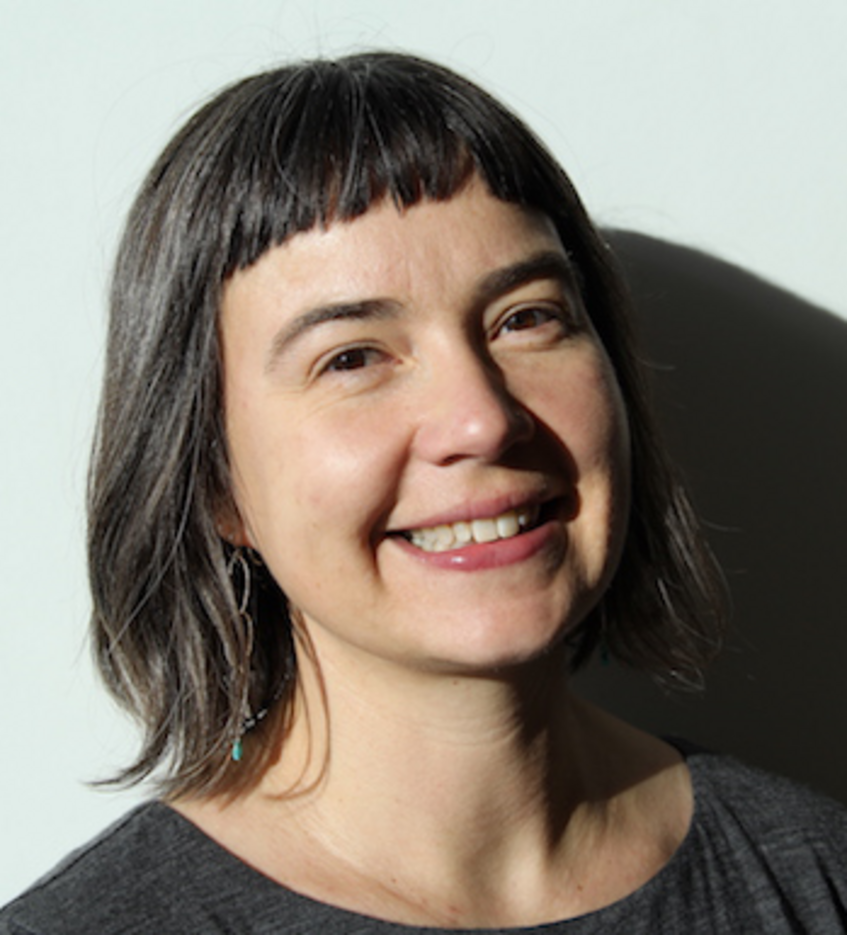
Miriah is an associate professor in the School of Computing at the University of Utah and a faculty member in the Scientific Computing and Imaging Institute. She co-directs the Visualization Design Lab, which focuses on the design of visualization systems for helping analysts make sense of complex data, as well on the development of design methods for helping visualization designers make sense of real-world problems. She obtained her bachelors degree in astronomy and astrophysics at Penn State University, and earned a PhD in computer science from the University of Utah. Prior to joining the faculty at Utah Miriah was a postdoctoral research fellow at Harvard University and a visiting scientist at the Broad Institute of MIT and Harvard.
Miriah is the recipient of a NSF CAREER grant, a Microsoft Research Faculty Fellowship, and a NSF/CRA Computing Innovation Fellow award. She was named a University of Utah Distinguished Alumni, both a TED Fellow and a PopTech Science Fellow, and included on MIT Technology Review's TR35 list of the top young innovators. She was also awarded an AAAS Mass Media Fellowship that landed her a stint as a science writer for the Chicago Tribune.
Torsten Möller
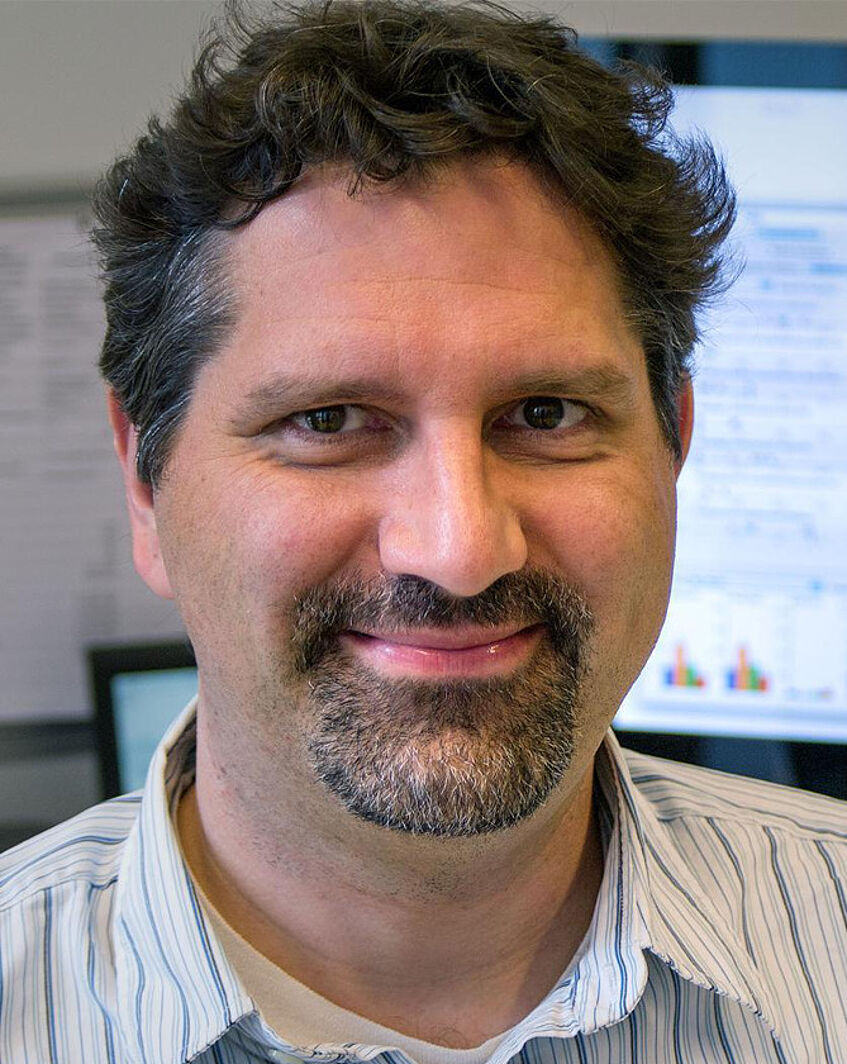
Torsten Möller is a professor of computer science at the University of Vienna, Austria, since 2013.
Between 1999 and 2012 he served as a Computing Science faculty member at Simon Fraser University, Canada. He received his PhD in Computer and Information Science from Ohio State University in 1999 and a Vordiplom (BSc) in mathematical computer science from Humboldt University of Berlin, Germany. He is a senior member of IEEE and ACM, and a member of Eurographics.
His research interests include algorithms and tools for analyzing and displaying data with principles rooted in computer graphics, human-computer interaction, image processing, data science, and visualization.
Jan Platos
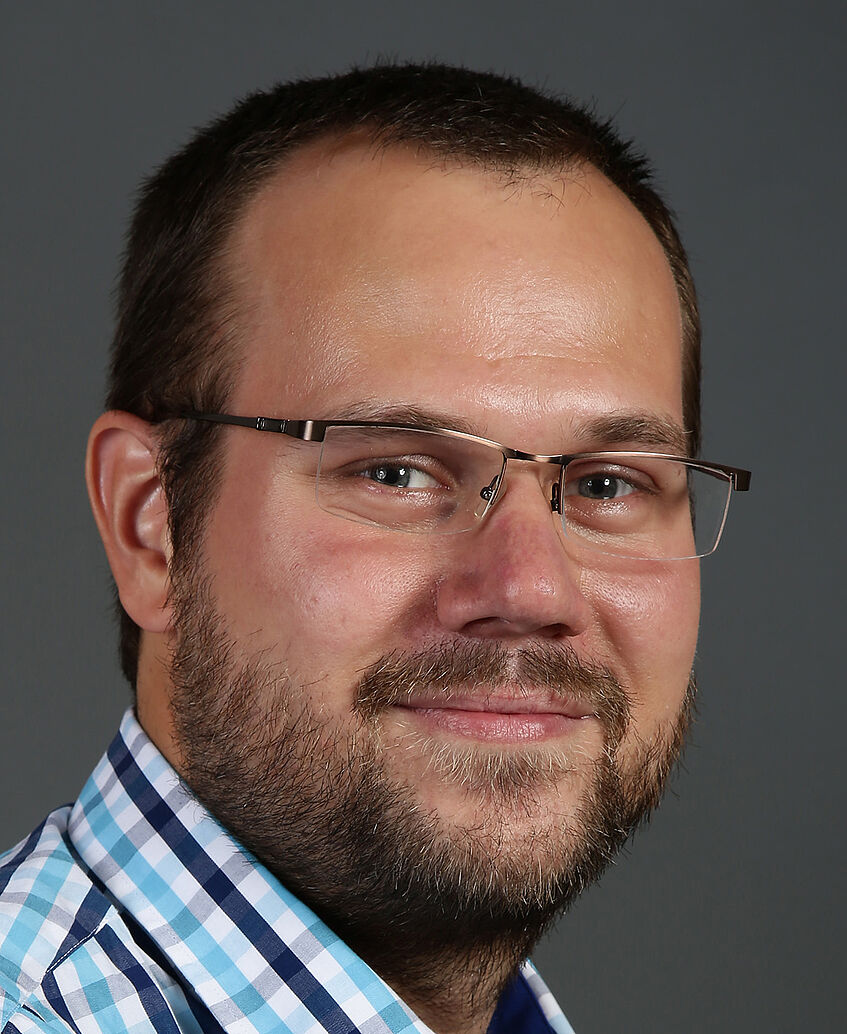
Jan Platos, Ph.D. graduated in 2006 in Computer Science at VSB-Technical University of Ostrava. Jan became Associate Professor in Computer Science in 2014. Since 2017, he is a Head of Department of Computer Science, Faculty of Electrical Engineering and Computer Science, VSB-Techincal University of Ostrava.
He is interested in many areas of Computer Science, but his primary fields are Text processing, Data Compression, and Bio-Inspired Algorithms. Moreover, he is also interested in Information Retrieval, Data Mining, Data Structures and Data Prediction. He is focused on the application of different computer science algorithms and methods, and innovative approaches to difficult practical problems from any area.
Jan is the co-author of more than 180 scientific papers published in proceedings and journals, and his citation report consists of 302 citations and h-index 9 on Web of Science, 685 citations and h-index 13 on Scopus, and 965 citations and h-index 15 on Google Scholar.
Alexander Schindler
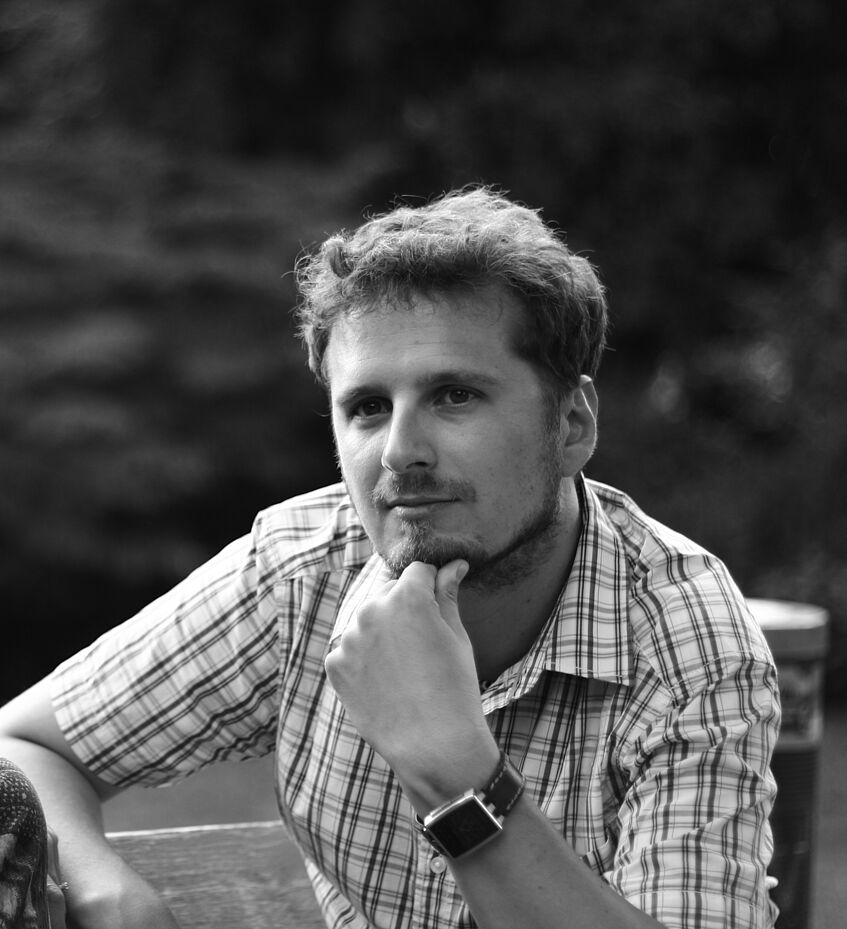
Alexander Schindler is a scientist at the AIT Austrian Institute of Technology and Technical University of Vienna. Since 2010 he is member of the Music Information Retrieval group at the Technical University where he actively participates in research, various international projects and currently finishes his Ph.D on audio-visual analysis of music videos.
He actively participates in teaching MIR, machine learning and Data Science where he ambitiously works on transforming the presentation of the lecture-content from static slidedecks to interactive presentations using Jupyter Notebooks and live coding. At the AIT he is responsible for establishing a deep learning group. As task- and project-lead in various audio-related projects he focuses on the application of deep learning approaches to the audio-retrieval domain. Alexander is a co-organizer of the monthly Vienna Deep Learning Meetup and chairing the Data Science track of the Semantics 2018 conference.
Václav Snášel
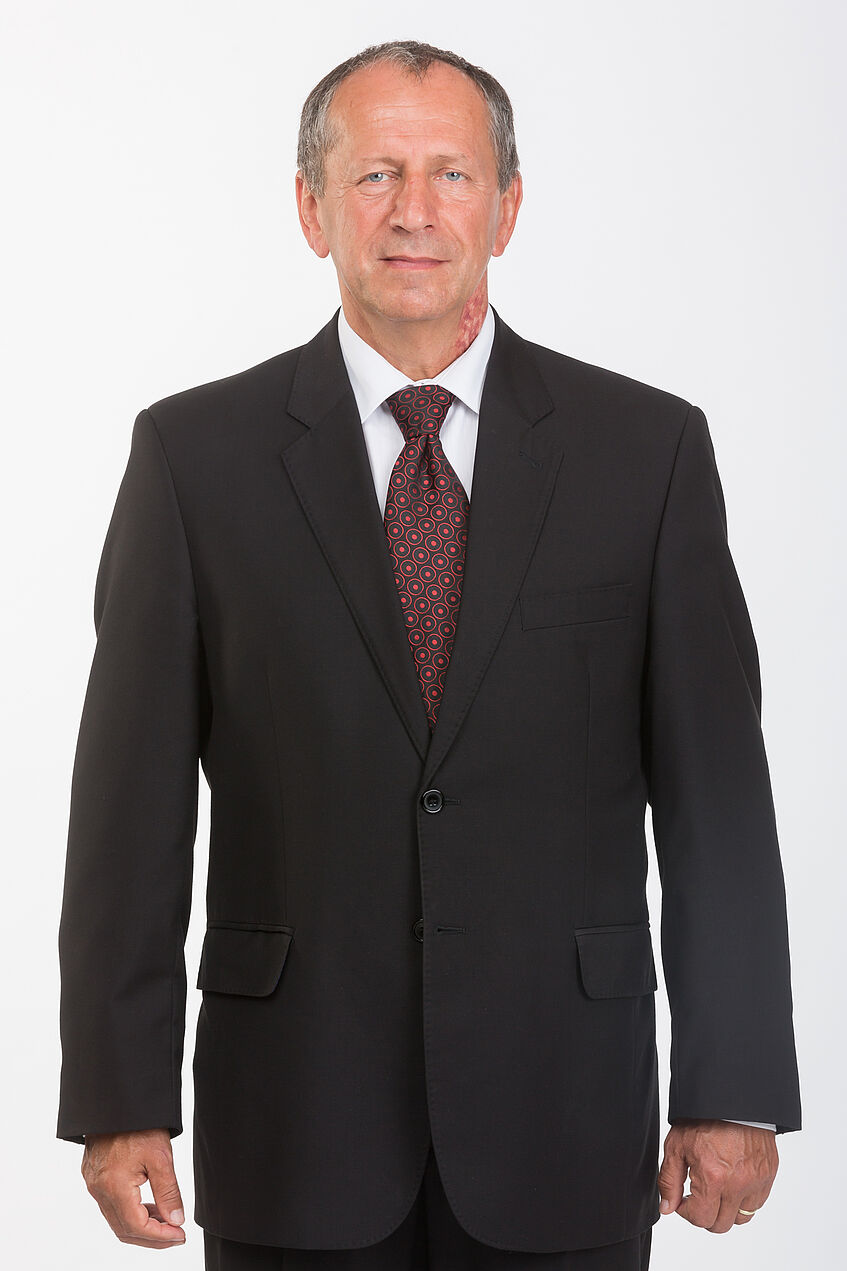
Prof. RNDr. Václav Snášel, CSc. graduated in numerical mathematics at Palacky University Olomouc. He worked as a mathematician-analyst and system programmer. Since 2000, he has worked at the Faculty of Electrical Engineering and Computer Science (FEECS) of VŠB-Technical University of Ostrava. In 2006, he was awarded the title Professor in Informatics.
From 2003 to 2010, he was Vice-Dean for Science and Research at FEECS of VŠB-TU Ostrava. From 2010 to 2017, he was Dean of the Faculty. Since 2011, he has been the head of the IT4Innovations research program. Since 1 September 2017, he has been Rector of VŠB-Technical University of Ostrava. He focuses on documentographic information systems, knowledge systems, ontologies, data compression, XML, multiagent systems, ordered set theory, conceptual unions, and semantic web.
Thomas Torsney-Weir
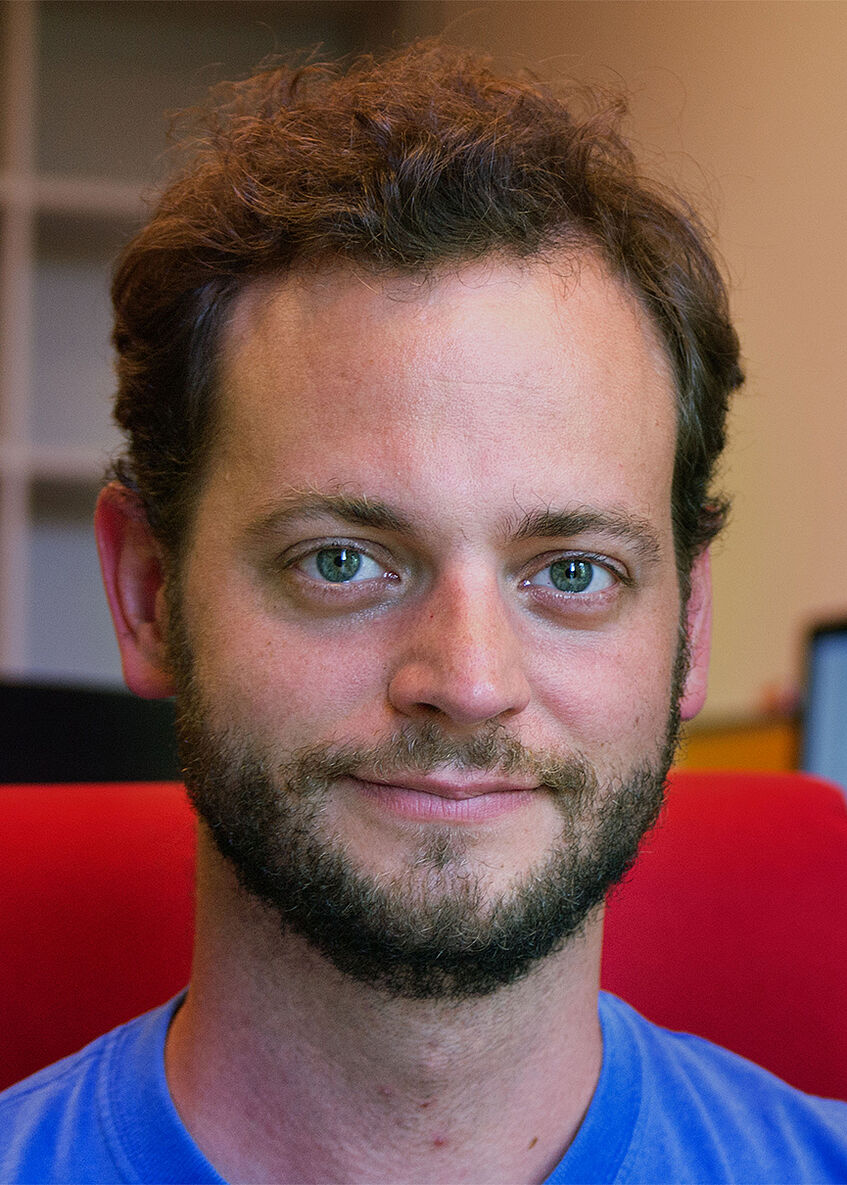
Thomas Torsney-Weir is currently a postdoctoral researcher in the Visualization and Data Analysis research group at the University of Vienna. He received his PhD in Computer Science in 2018 from the University of Vienna, a MSc in Computer Science from Simon Fraser University, Canada in 2012, and a BS in Computer Science from Georgetown University in 2002.
He is a member of IEEE and ACM. His reserach interests are developing novel visualization algorithms for understanding multi-dimensional continuous spaces.
